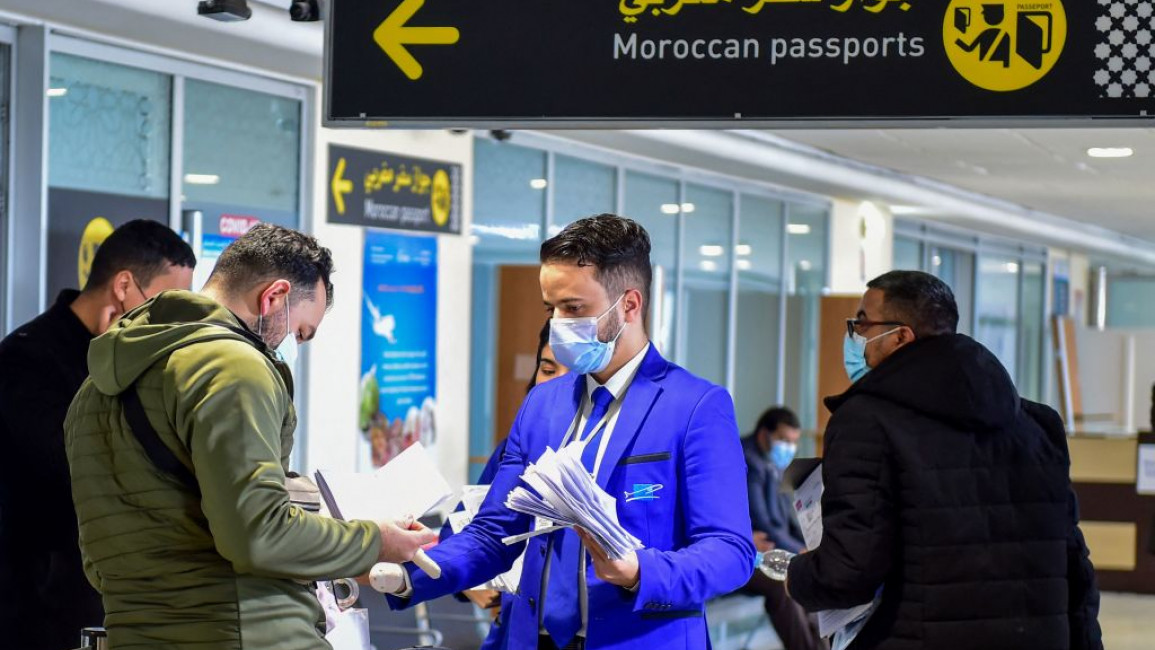Morocco to ease Covid-19 measures, as Omicron wave 'ends'
Morocco’s health ministry this week announced the end of the Omicron wave in the country, after eleven weeks of recording the first case of the highly contagious Covid-19 variant in the city of Casablanca.
“The Omicron wave was, as expected, a fast and short wave that lasted 11 weeks. It peaked in the week of January 17 to 23, 2022,” said Moaz al-Mrabet, coordinator of the National Center for Public Emergency Operations at the Ministry of Health, during the bi-monthly brief of the pandemic situation on Tuesday.
Known for its hyper-transmissibility and mild symptoms, the Omicron variant of concern is currently the dominant variant circulating globally.
Since recording the first case of Omicron in Morocco on December 15, last year, in Casablanca city, the highly contagious variant caused a surge in COVID-19 cases in the kingdom with a peak of nearly 7000 cases daily in December and January.
In the past months, many companies went back to remote work to avoid the surge of cases among their employees. Schools were closed during the peakperiod, after infections surged among students.
The Ministry of Health’s new announcement came as Morocco's COVID-19 infections caseload decreased to less than 100 daily during the past two weeks.
Following the announcement, the National Airports Office said that PCR tests in Moroccan airports for passengers entering the country are no longer mandatory. However, the vaccination pass and a negative PCR test result, less than 48 hours old before boarding flights, remain required.
Morocco also opened last week football stadiums to fans, after more than a two-year ban on spectators in football matches.
The Moroccan Scientific Committee, the committee in charge of monitoring the epidemiological situation in the country, told the New Arab that they are discussing further post-pandemic procedures such as lifting the ban on Tarawih, night time group prayers in mosques, in Ramadan.
“If the pandemic situation stays stable until April (Ramadan), I think the Tarawih will be finally a safe option, But nothing is sure yet,” a source from the committee told the New Arab.
Morocco has banned Tarawih prayer since the beginning of the pandemic in 2020. The ban caused alarm among many who sawthe decision an attack on the freedom of worship.
According to the health ministry's latest tally, 63.3 percent of Moroccans are fully vaccinated, while 15.7 percent have received the booster shot.
Morocco aims to vaccinate 80 percent of the population to achieve herd immunity.



